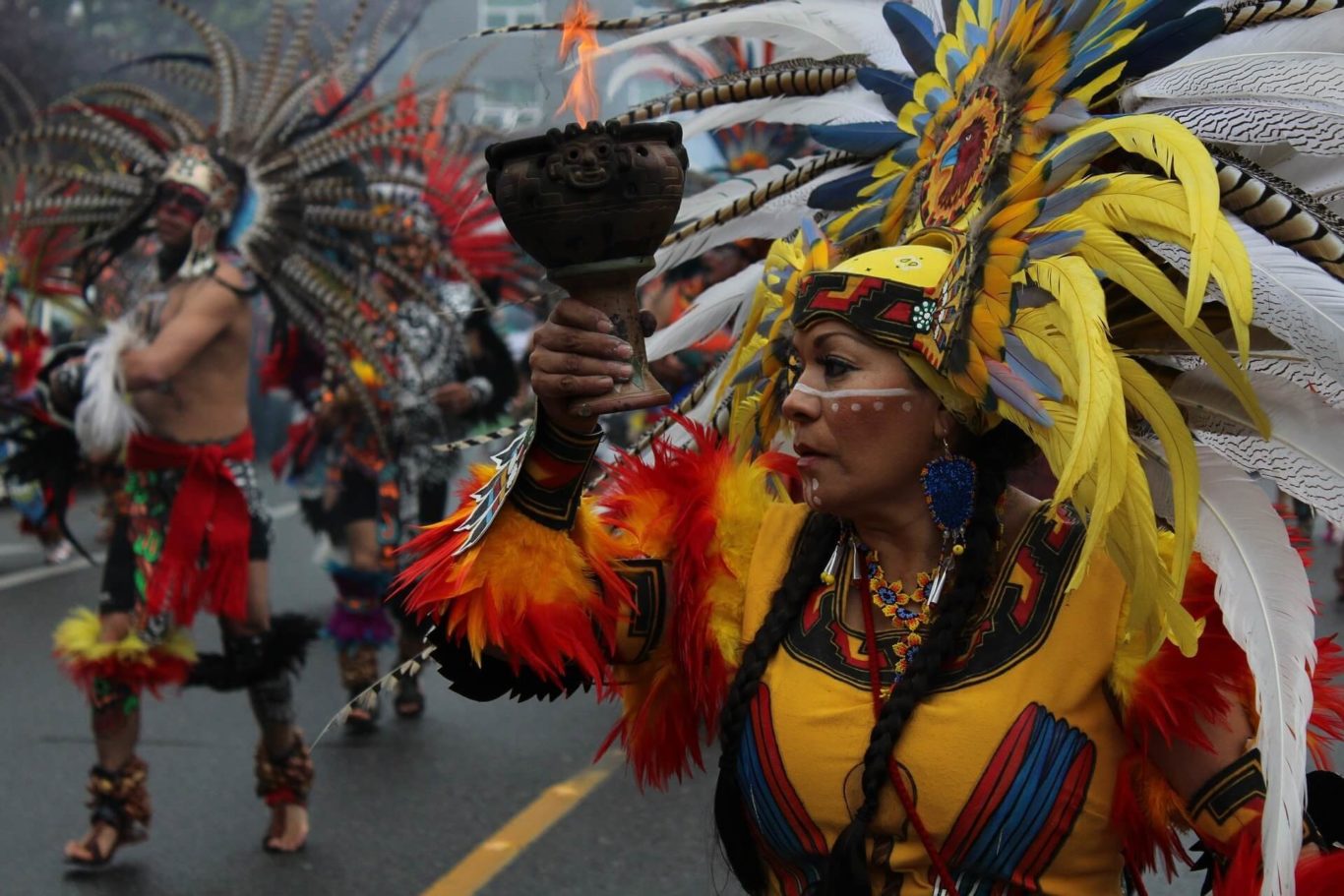Native American Heritage Month
Native American Heritage Month
Since 1990, November has been nationally recognized as Native American Heritage Month. For non-Indigenous people, this month is a dedication to bettering personal relationships with the lands we occupy and the Indigenous communities to whom these lands rightfully belong. We partake in this month by unveiling the true history and current conditions of colonization — namely the invisibilization, murder, disappearance and erasure of Indigenous people and culture, as well as the abuse and theft of their sacred lands, waters and air. Greater food insecurity and worsened health and environmental impacts experienced by these tribes and other exploited people can be attributed to such atrocities.
Though November should be a month filled with pure celebration and joy for Indigenous communities, the reality is that for many this is a time of mourning. It is important, then, to take this time to reflect on how to foster meaningful relationships with the Indigenous communities who continue to steward and protect the land we settle on, and to learn more about the history of the U.S. from the perspectives and experiences of Indigenous people.
At Oregon Food Bank, we have the honor of working alongside our community to take part in addressing collective problems, such as hunger and racial injustice. Yet, even with this mission we must address how we continue to perpetuate White supremacy and colonial violence. This month, and everyday, we will challenge ourselves to learn more and do more to be in relationship with Indigenous people and be mindful of the ways our privileges contribute to their erasure. This begins with simple actions that make all the difference:
Stop speaking of Indigenous people as people of the past — they are thriving communities that continue to protect the earth and life.
Pay attention to how Indigenous communities continue to resist colonial violence and support local actions if you are able.
Let's continue to do better by elevating Native voices and experiences, and by remaining mindful of the everyday ways we can be in solidarity with Indigenous people.
Below are a few resources to aid in taking these small but meaningful actions. Please refer to them as you form your personal reflections this Native American Heritage Month and in the future.
Resources
Voluntary land taxes to Indigenous people | Native Governance Center
Land Reparations & Indigenous Solidarity Toolkit | Resource Generation
How Returning Lands to Native Tribes is Helping Protect Nature | Yale School of the Environment
An Indigenous Peoples' History of The United States | by author Roxanne Dunbar-Ortiz
Study: 270 Native students died at Oregon boarding schools | Oregon Capital Insider
Indigenous Resilience, a Pandemic and a Water Crisis | Oregon Community Foundation
A conversation with Oregon’s first Missing and Murdered Indigenous Persons Coordinator | OPB
Philanthropy and Indian Country | Seeding Justice
LAND BACK! What do we mean? | 4Rs Youth Movement
9 Ways to Decolonize and Honor Native Peoples on Thanksgiving | Cultural Survival
And join us November 17 at 6:00 PM PT to watch Gather, “an intimate portrait of the growing movement amongst Native Americans to reclaim their spiritual, political and cultural identities through food sovereignty, while battling the trauma of centuries of genocide.”
